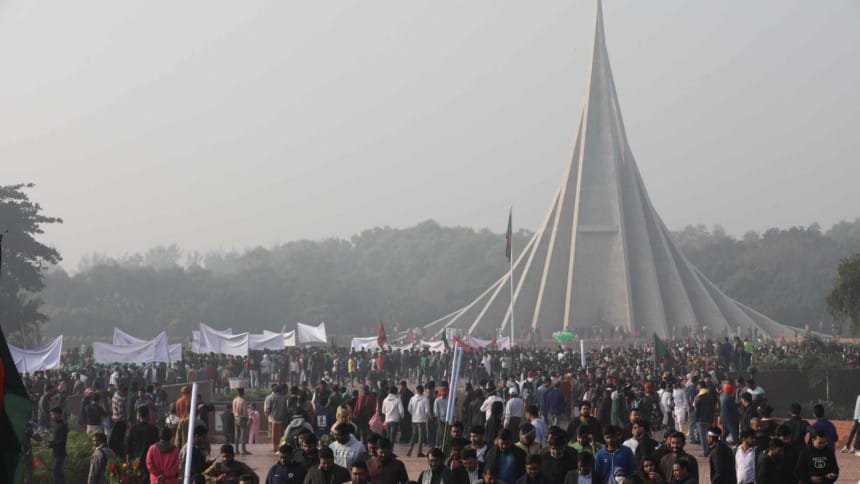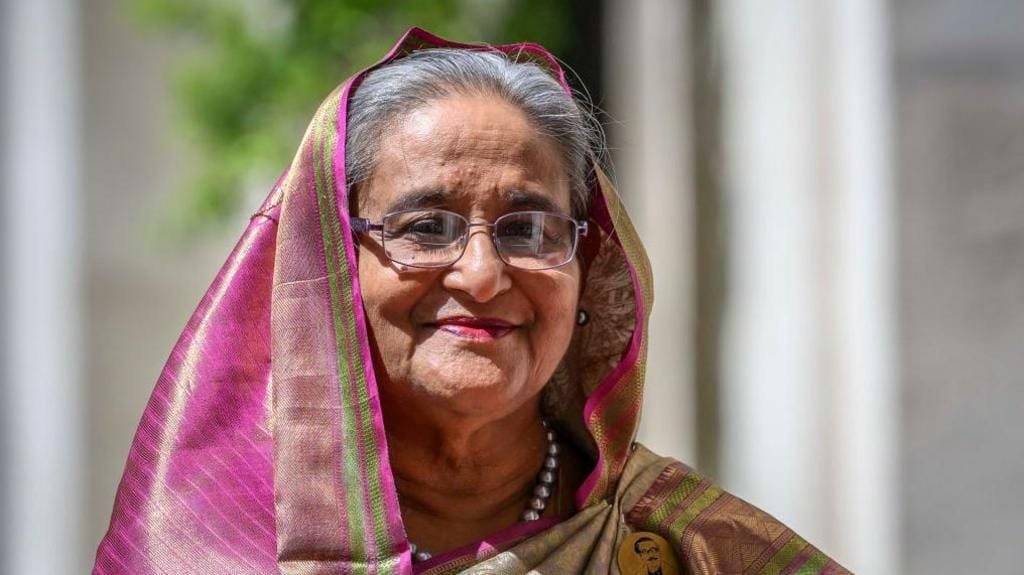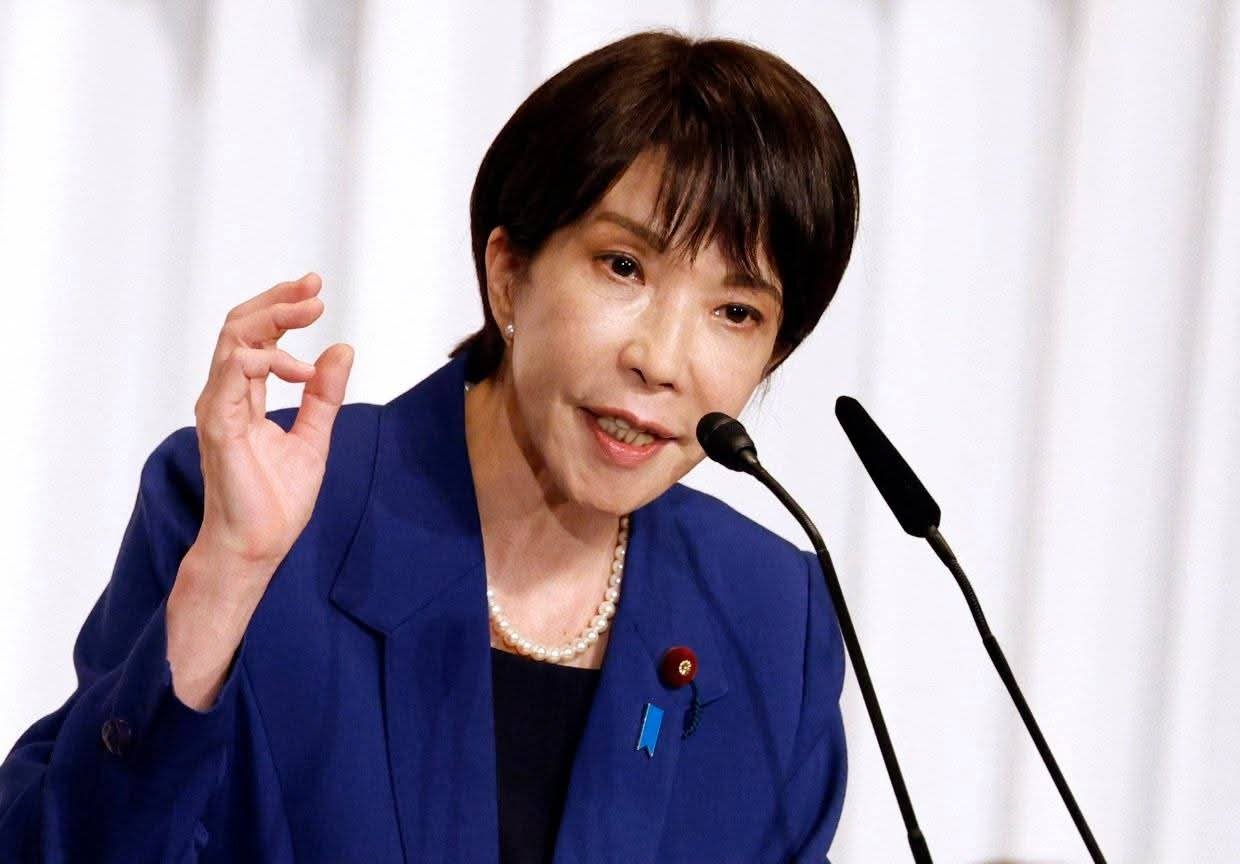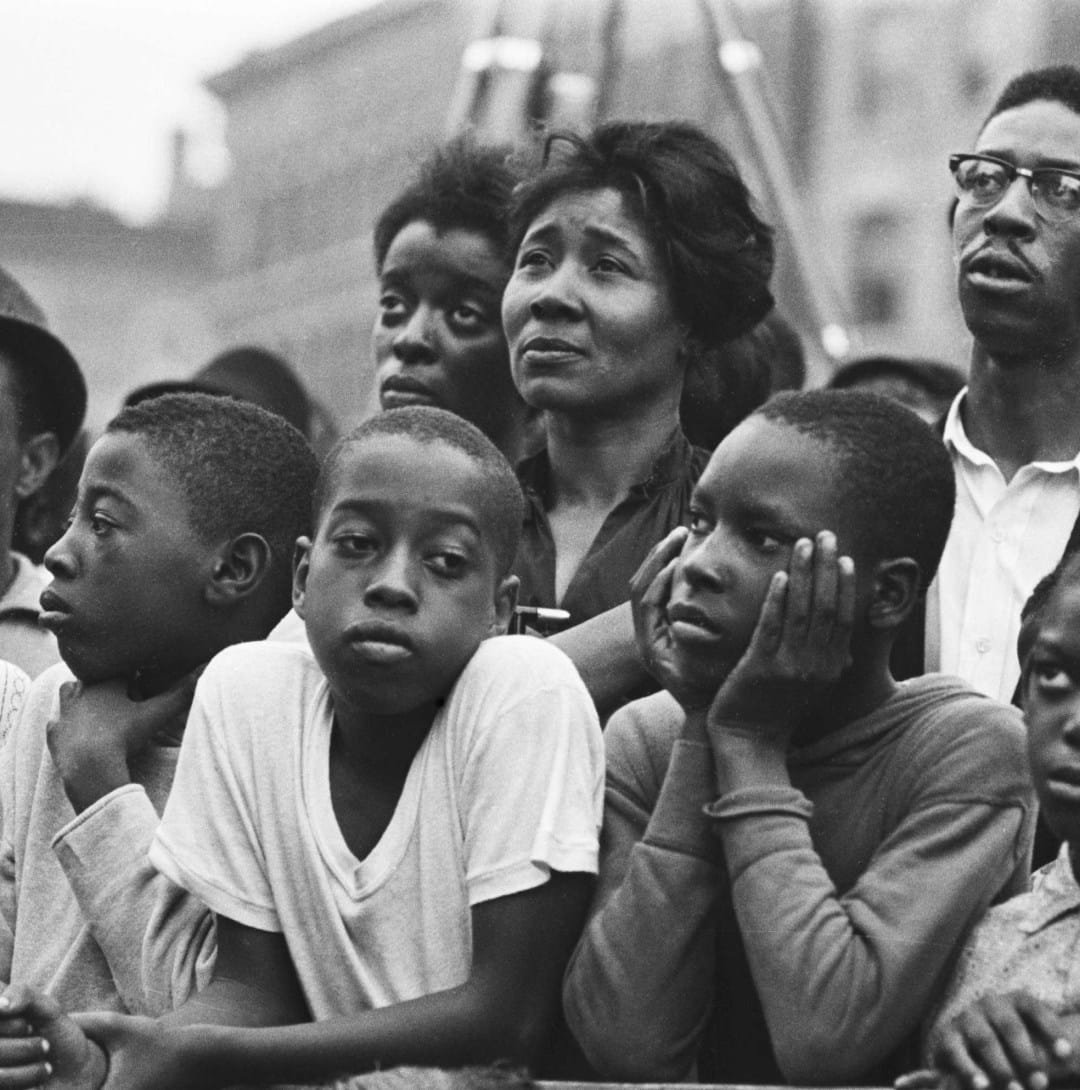Victory Day, celebrated annually on December 16, marks one of the most significant milestones in the history of South Asia—the creation of Bangladesh as an independent nation. This day commemorates the surrender of Pakistani forces in East Pakistan (now Bangladesh) in 1971, bringing an end to the Bangladesh Liberation War. The road to independence was fraught with violence, bloodshed, and geopolitical struggles, but the victory also marked the beginning of a new chapter in the region’s history. Central to this struggle was the crucial role played by India, whose support helped shape the outcome of the war. Today, the India-Bangladesh relationship stands as a testament to cooperation, though it also faces challenges that need resolution. This article explores the Bangladesh independence struggle, India’s pivotal role, and the current situation between the two countries.
The Bangladesh Independence Struggle: Origins and Uprising
The struggle for Bangladesh’s independence can be traced back to the long-standing political, economic, and cultural disparities between East Pakistan and West Pakistan. After the partition of India in 1947, the two wings of Pakistan—East and West—were geographically separated by more than 1,600 kilometers. Despite the East’s large population and economic contributions, West Pakistan held the political and military power, which bred resentment in the eastern region.
Tensions reached a boiling point in 1970 when the Awami League, led by Sheikh Mujibur Rahman, won a landslide victory in Pakistan’s general elections. However, despite the Awami League’s clear mandate, the ruling authorities in West Pakistan were reluctant to hand over power to the eastern leadership. In March 1971, when Sheikh Mujibur Rahman’s calls for autonomy for East Pakistan were ignored, the Pakistani military launched Operation Searchlight, a brutal crackdown on Bengali nationalists in Dhaka and other major cities of East Pakistan. This crackdown led to widespread atrocities, including the killing of civilians, forcing millions of people to flee their homes and seek refuge in neighboring India.
The crisis escalated into a full-scale war for independence, with the Mukti Bahini (Bangladeshi liberation forces) fighting against Pakistani forces. The conflict became a humanitarian disaster, with millions displaced, thousands killed, and widespread destruction across East Pakistan. Amid the violence and turmoil, the people of East Pakistan remained determined to achieve independence.
India’s Role in the Bangladesh Liberation War
India’s involvement in the Bangladesh Liberation War was both strategic and humanitarian. The violence and refugee crisis in India’s border states, particularly West Bengal, triggered India’s intervention. Millions of refugees fleeing the Pakistani crackdown added immense strain on India’s resources, and this humanitarian crisis was a major catalyst for India’s decision to actively support the independence struggle.
India provided military aid, training, and refuge to the Mukti Bahini, who played a crucial role in combating Pakistani forces on the ground. Indian Prime Minister Indira Gandhi, recognizing the importance of a stable and friendly neighbor in South Asia, played a decisive role in ensuring that Bangladesh achieved its goal of independence. The Indian military, alongside the Mukti Bahini, launched a full-scale offensive against Pakistani forces in East Pakistan in December 1971. On December 16, 1971, the Pakistani military, under the command of Lieutenant General A. A. K. Niazi, surrendered to the joint Indian-Bangladeshi forces in Dhaka, marking the end of the war and the birth of Bangladesh as an independent nation.
India’s role in the liberation of Bangladesh was widely celebrated, and the two nations have since maintained close ties. India’s support during the war earned it deep respect among Bangladeshis, and the country has since celebrated December 16 as Victory Day, a day of national pride and remembrance.
The Current State of India-Bangladesh Relations
In the years since Bangladesh’s independence, the relationship between India and Bangladesh has evolved into one of cooperation, mutual respect, and shared interests. Both countries recognize the importance of their historical ties, and despite occasional differences, they have built a partnership based on security, trade, and cultural exchange.
Economic Cooperation
India and Bangladesh share robust economic ties. India is one of Bangladesh’s largest trading partners, and trade between the two countries has grown significantly in recent years. India has also been involved in providing financial and developmental assistance, including infrastructure projects such as road and railway connections. India’s support has been vital for Bangladesh’s economic growth, and the two countries have signed numerous trade agreements aimed at boosting bilateral commerce.
Security and Border Cooperation
Both nations have a shared interest in maintaining border security, given their long and porous border. India and Bangladesh have worked together to address common security challenges, such as terrorism and insurgency. The two countries have cooperated closely in tackling the cross-border movement of militants and have made significant strides in curbing the flow of illegal trade and migration.
In addition, India and Bangladesh have resolved several long-standing border disputes, with both sides agreeing to settle boundary issues through diplomatic means. The successful exchange of enclaves under the Land Boundary Agreement (LBA) in 2015 was a significant milestone in strengthening bilateral ties.
Water Disputes
One of the major ongoing issues between India and Bangladesh is the sharing of river waters, particularly concerning the Teesta River. While India has been a key partner in the development of Bangladesh’s water resources, the two countries have faced difficulties in agreeing on the equitable distribution of water. Disputes over water usage have led to tensions, particularly during periods of drought or flood, and remain an unresolved challenge in the relationship.
Geopolitical Dynamics
While India and Bangladesh share strong ties, Bangladesh’s foreign policy remains delicate, especially in the context of its relations with China and Myanmar. India has occasionally expressed concerns about Bangladesh’s growing engagement with China, particularly in areas such as infrastructure development, trade, and defense cooperation. However, Bangladesh has maintained a balanced foreign policy, seeking to cultivate positive relations with both India and China.
The Bangladesh Liberation War and India’s role in supporting the independence struggle remain a defining chapter in the shared history of the two nations. The mutual respect forged during the war continues to shape their relationship today. As Bangladesh celebrates Victory Day, it serves as a reminder of the enduring bonds between the two countries—bonds that are grounded in history, cooperation, and a shared vision for a peaceful and prosperous future.
While challenges remain, particularly in the areas of water sharing and geopolitical balancing, the relationship between India and Bangladesh remains largely positive. As both countries work toward resolving their differences and strengthening ties, the spirit of the 1971 victory lives on, symbolizing the resilience and determination of the people of Bangladesh and the enduring friendship between India and Bangladesh.












